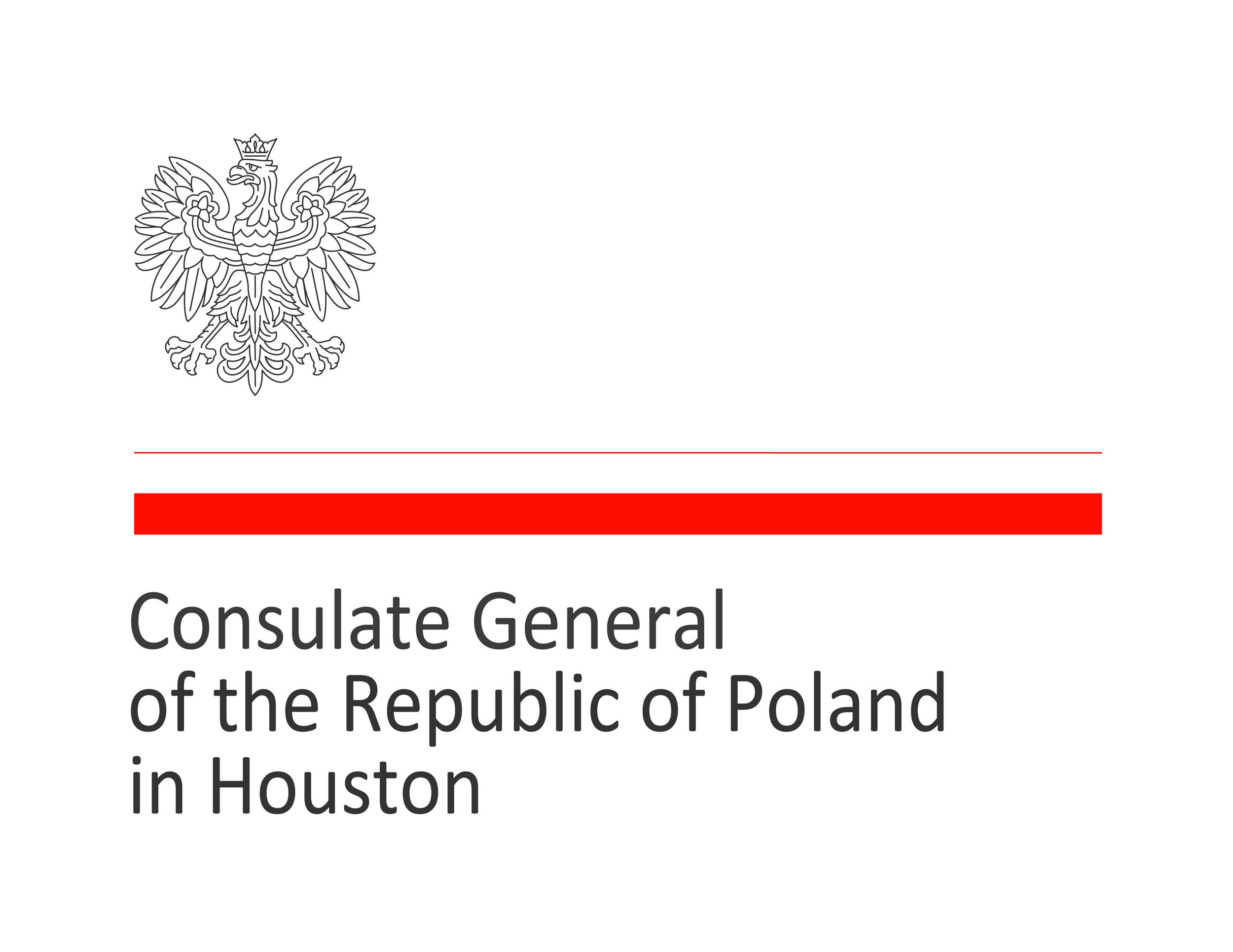Documentary 'In the Name of the Highest Virtues' Chronicles the Boba Family's Brave Fight for Homeschooling During the Polish People's Republic Era
/As Danuta Boba celebrated her 100th birthday, she was honored with the Medal of the National Education Commission for her contributions to Home Education. In the film, her daughter, Bożena Boba-Dyga, reflects on her mother's journey:
EXCERPT from Bożena Boba-Dyga (Kraków):
"On January 27, 1921, Danusia was born into the bourgeois Vašin family in Krakow. As you can easily calculate, she has turned one hundred years old, and what's more, she's still going strong. This round anniversary, which we usually wish for by singing "Happy 100th," became an occasion to recall her extraordinary story. After all, she was the only home educator during the PRL era when homeschooling was legally prohibited, and any resistance against the "people's power" was severely suppressed.
But first, let's clarify: homeschooling... what is it? It is an education based on the family, where learning, upbringing, and everyday life intertwine into one. It's an adventure in which parents not only teach their children, but also learn from them. Together they explore and discover new areas of knowledge. It's the parents who decide what, when, and how it will be discovered – you can teach only mathematics for a week, then humanities; there are no bells and compulsory class hours, you can adjust the lessons to the weather and mood. You can hire home tutors and have control over whom your child interacts with. Typically, such education is associated with a significant time saving, as teaching a child the basic curriculum required to pass state exams in specific subjects takes much less time than a school year. So, children have plenty of time to acquire additional knowledge, develop creativity, interests, and passions. This form of education had been known for centuries and was popular before the war, but after the war, in Poland, the communist regime sought to educate a Homo Sovieticus; education was a tool for shaping the "citizen," so it couldn't escape control. Hence, homeschooling was banned, school attendance was made mandatory, and schools were standardized and nationalized, eliminating educational pluralism.
Danusia was a top student before the war, the best student in school, with "very good" marks from top to bottom on her report card. As a ten-year-old girl, she began tutoring. Sometimes, teachers asked her to prepare students for the entrance exam to the gymnasium or even to conduct lessons when the class couldn't understand a topic, especially in mathematics, in which the girl excelled and loved above all. Danusia also had other interests – she was socially active in the Marian Sodality, sang in a choir, and learned to play the violin. At first, she planned to become a journalist – she liked to write. But she quickly changed her mind and dreamed of working in a laboratory. She decided to apply to the Faculty of Metallurgy at the Krakow University of Mining and Metallurgy (where only a few women studied at the time). After excellently passing her final exams in 1939, she was accepted. However, she didn't start her studies – the war broke out. Danusia fortunately avoided being deported for forced labor in Germany. Her father, a master watchmaker, saved her by enrolling her as an apprentice in a guild. As an apprentice, and later a journeyman, she was safe.
From the beginning of the war, however, Dana bravely engaged in other dangerous activities – first, she was a paramedic in a field hospital set up for wounded soldiers by the Jesuits; then, during the occupation, she worked in the Polish Care Committee – she helped refugees and Jews. She saved three classmates from the Holocaust, including Irena Hoffmann from her class, who later moved to the USA. She dyed their hair and made false documents. Being a beautiful blonde and fluent in German, she was effective in handling matters in German offices. She also taught in secret gatherings, preparing three sisters Anna, Ewa, and Zofia Jachimskie (sisters of the later distinguished photogrammetrist from AGH, Prof. Józef Jachimski) for the final exams in Polish language, history, and mathematics.
In 1944, she met Bartłomiej Boba, who was 22 years older than her. Her then-fiancé, Waldemar, felt sorry for his friend, an old bachelor who was sick and had no one to even give him a cup of tea. Moved by the story, Dana sent a servant with a meal. The old bachelor, once he recovered, came to thank her with a bouquet of roses. For them, it was love at first sight. Dana broke off her engagement and, after just three months of acquaintance, married Bartłomiej. They shared similar ideals, passions, aspirations, and worldview. He loved science, knowledge, and community work. The war was still ongoing, but victory was tilting in the Allies' favor. After the war, it was proposed that Bartłomiej become the governor of Wrocław on behalf of General Władysław Sikorski's government. He was also a shareholder of the National Bank of Poland, so the future looked promising.
However, the Yalta Conference changed the course of history. Poland was incorporated into the sphere of influence of the Soviet Union. From the outset, Bartłomiej consistently opposed the communist system throughout his life. He saw it as founded on false premises. He disapproved of expropriation and considered the idea of communal property to be utopian and inconsistent with human nature. As time proved, he rightly anticipated that society would neglect or plunder the common good instead of caring for it. He did not trust the USSR, expecting terror from the Bolsheviks.
After the war, Bartłomiej temporarily became the director of the Agricultural-Mechanical High School in Kozy. However, he quickly fell out of favor with the authorities for refusing to remove crosses from classrooms and was punitively transferred to an agricultural school in Lenna at the other end of the country. In 1952, the eldest daughter of Dana and Bartłomiej, Bogumiła, reached school age. But due to their beliefs, the parents decided not to send her to a communist school. Two years later, the twin boys - Bogusław and Bogdan - also reached school age. They were also homeschooled by Dana. The authorities began to drag Bartłomiej through the courts and impose fines on the family. Initially, he wrote appeals, explaining his decision calmly and rationally. However, over the years, his appeals took on a more defiant tone.
During the Stalinist terror in Poland, the Security Service (UB) practically camped outside the family's home, subjecting them to constant harassment. Bartłomiej was often handcuffed and taken away at gunpoint. As a form of harassment and repression, the roof of the Bobas' residence was removed during winter under the pretense of repairs, but it was never replaced. They also faced a coal purchase ban in their name. One night, a former student of Bartłomiej's brought a load of coal, citing a dream his wife had about the children freezing. Despite all this, they stood firm in their beliefs.
Danuta continued to homeschool. She constantly improved her skills to teach all subjects to now four children, as another daughter, Bolesława, was born in 1949. Bartłomiej nurtured the children's additional interests, providing them with reading materials from his vast library and talking about history, nature, travels, politics, and religion. He also took care of legal matters. The family lived in poverty as Bartłomiej was denied the right to work due to his opposition activities. To make ends meet, they sold family heirlooms, including silverware, jewelry, and pieces from Bartłomiej's collection of art and books. Fortunately, they found support from people who believed in the same ideals and admired their resistance.
The regime tried to strip the Bobas of their parental rights, take away the children and place them in different orphanages or deport them to the USSR.
What became of the five home-schooled siblings? Bogumiła became a doctor, specializing in surgery and trauma orthopedics. After the fall of communism, she served as a Member of the Polish Parliament and has been a councilor since 2006. Bogusław, an artist, worked for TV Kraków and received awards for city beautification. Bogdan studied multiple disciplines and currently teaches in a Waldorf school in Kraków. Bolesława also studied various fields and is a teacher and lecturer. As for me, the youngest, I was homeschooled until primary school. During the "Solidarity" movement in 1981, my parents allowed me to attend one of Poland's oldest high schools. Later, I graduated from the Faculty of Conservation and Restoration of Art at the Academy of Fine Arts in Krakow and studied in Germany..."
Through the lens of the Boba family's resilience and dedication, 'In the Name of the Highest Virtues' serves as a poignant reminder of the enduring spirit of individuals who champion the right to educate in the face of adversity.











